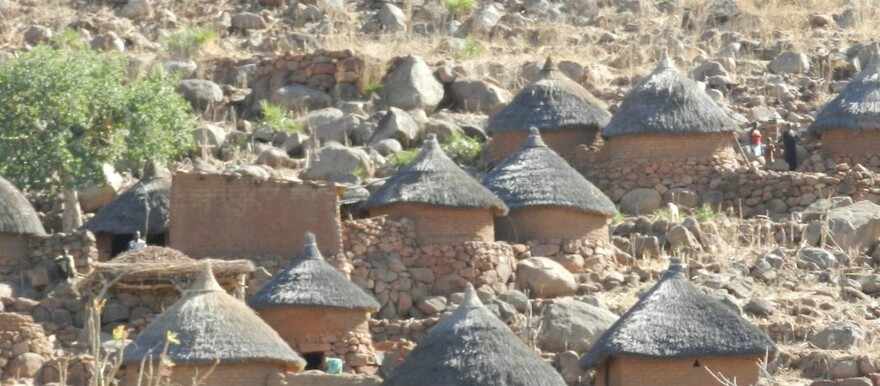Elders from Kumbor payam in Heiban County, Nuba Mountains in Sudan’s South Kordofan State convened for a three-day traditional prayer session for peace in Sudan last week.
Idriss Anggallu, one of the participants, explained to Radio Tamazuj at the weekend that the elders are vigilant in observing any situation that could impact their area and in response, swiftly communicate and gather for prayers, employing traditional methods rooted in Nuba Mountains culture.
He highlighted the distressing effects of the ongoing war in Sudan, noting the widespread displacement, scarcity of resources, and lack of medical supplies. The elders organized the prayer event with hopes that God would heed their pleas and grant genuine peace to the Sudanese people.
“We, the elders of Kuduru, have observed numerous challenges plaguing our region, causing immense suffering among our people,” he said. “Recognizing the need for divine intervention, we have convened to gather under the shade of trees for a three-day prayer session, seeking God’s assistance and intervention.”
Anggallu emphasized that the prayer event was significant, serving as both a plea and a gesture of gratitude to Almighty God for peace. Their ultimate aim is to alleviate the suffering of vulnerable individuals in Sudan.
He stressed the necessity of God’s intervention to empower compassionate individuals and foster lasting peace and unity throughout Sudan. Their fervent hope is for the people of Sudan to attain freedom and stability in their homeland.
“In a special appeal, we implore God to draw close to us and heed our prayers for Sudan’s plight,” he stated, and concluded: “The people of Sudan endure displacement across neighboring countries and regions, grappling with various diseases, lack of medical supplies, and food shortages.”




